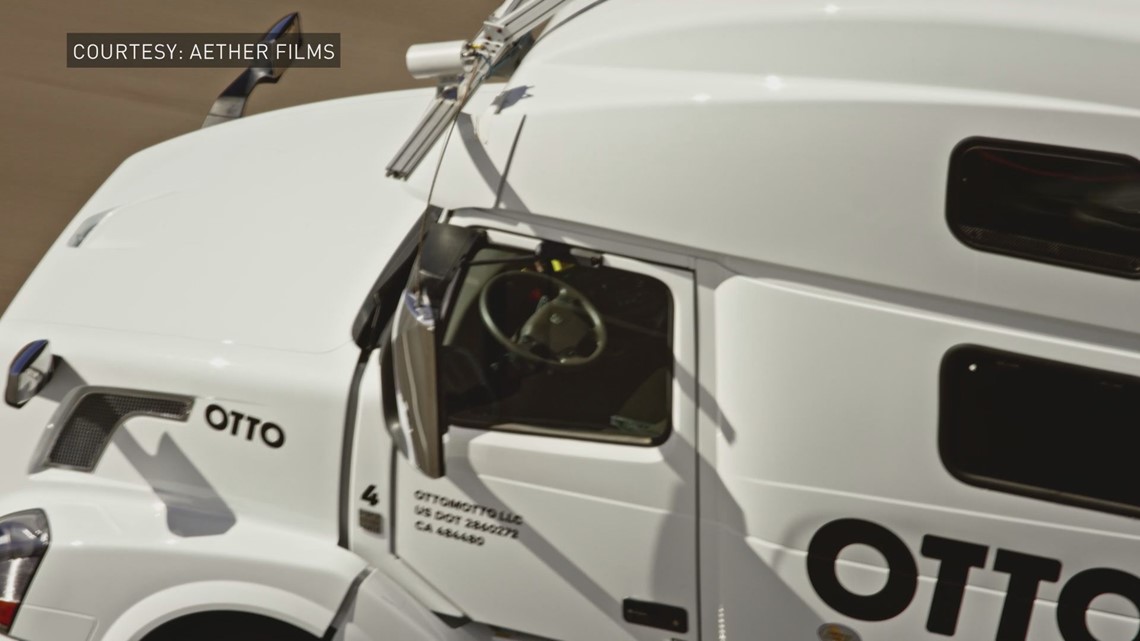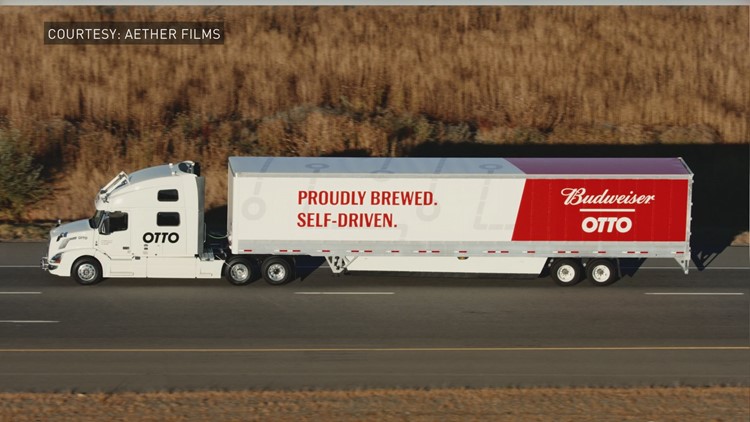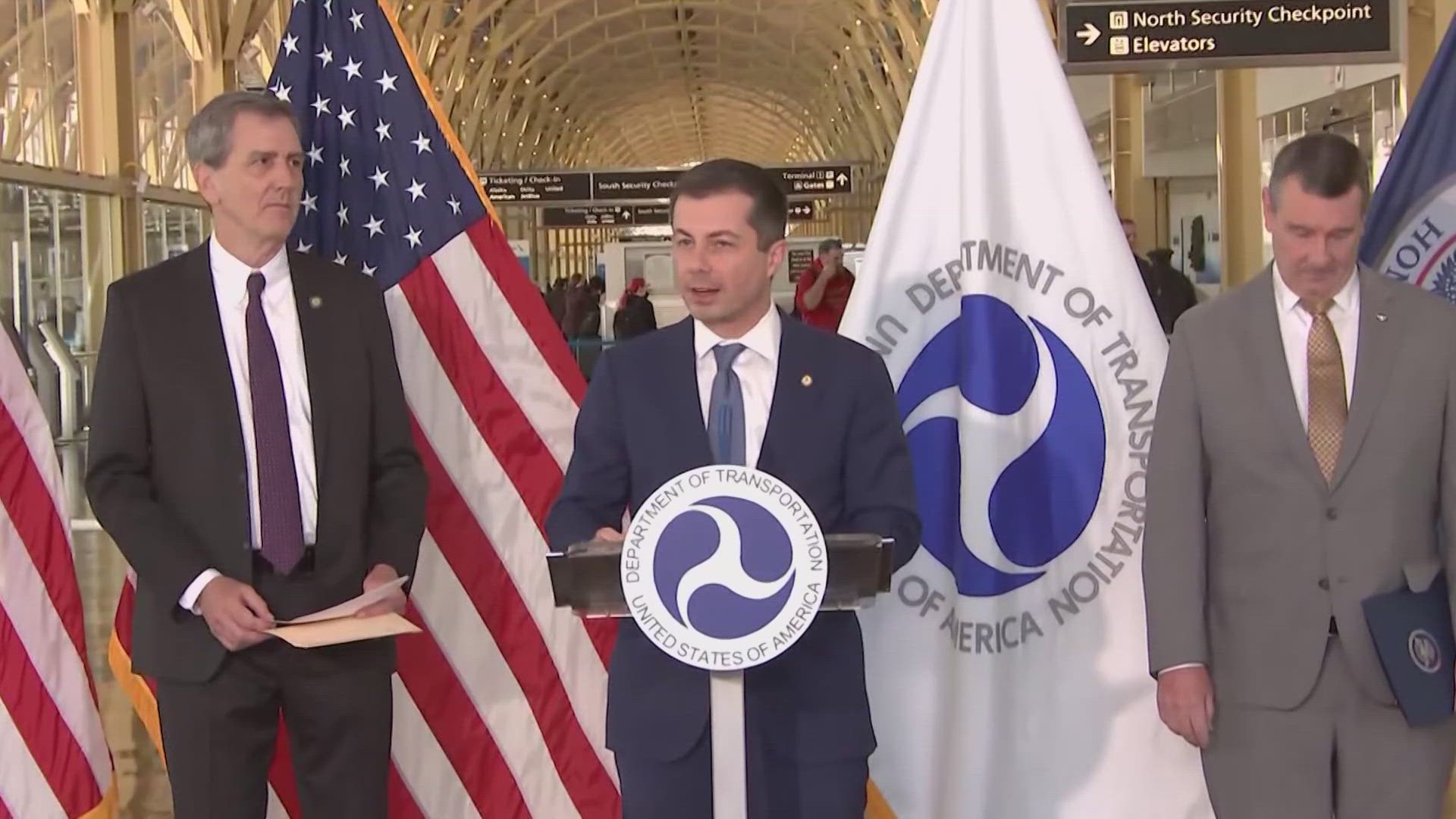DENVER — The normalization of driverless vehicles on Colorado roadways may be closer than you think.
The rapid growth in investment and development of autonomous vehicle technology by tech and motor companies worldwide has regulators at the Colorado Department of Transportation preparing for an influx of consumers riding with their hands off the wheel.
“We really have created the framework legislatively and policy-wise to bring autonomous driving into the state of Colorado,” said CDOT Chief of Advanced Mobility Amy Ford.
Ford said CDOT crews are working to install “roadside units” along Interstate 70 as part of the state’s efforts to build up a network of smart infrastructure. The units are expected to be able to communicate with driverless cars by sharing information about upcoming road hazards and current driving conditions.
The project is one of many efforts lead by CDOT in their RoadX program.
“We are in the process of building the data ecosystem behind the scenes, and by the end of this year, we’re going to have several hundred vehicles that are connected aftermarket with each other so they can start sharing that data back and forth,” said Ford.


With projections showing a continued growth in state population, CDOT believes driverless technology could be part of a solution in cutting back the increasing trend of vehicle-related fatalities. Ford said it’s CDOT’s mission to make Colorado roads safer, and the state agency believes an increase in driverless vehicles operating in conjunction with connected infrastructure could reduce crashes by up to 80 percent.
A study conducted by AAA in April shows the public may not be as confident in handing over control to driverless technology. According to their survey of 1,014 American adults, 73 percent of respondents said they would be afraid to ride in a fully self-driving vehicle.
At the same time, 55 percent of respondents wanted semi-autonomous vehicle technology in their next vehicle. Semi-autonomous technology includes automatic braking when a vehicle is connected to a collision detection system, maintaining the lane and assisted parallel parking.
Colorado has relaxed regulations regarding driverless vehicles on state roads. State law currently allows any autonomous vehicle to be street legal, as long it can safely and lawfully navigate to its destination. If it can’t follow every state and federal law, a company can meet with CDOT to see if an exemption can be worked out for further testing.
The state’s welcoming regulatory structure has lead to multiple autonomous vehicle tests. In 2016, the tech company OTTO, who is owned by Uber, worked with CDOT to have an autonomous big rig drive approximately 120 miles on Interstate 25 to make a successful beer delivery.\
CDOT is currently using an autonomous crash protection vehicle to follow behind road construction crews to protect its workers from distracted drivers.
Colorado regulations have also enticed the tech company Easy Mile to begin testing its 15-passenger driverless shuttles. The slow-moving shuttles are equipped with object detectors to prevent collisions and GPS to travel on pre-programmed routes. The autonomous Easy Mile vehicles are expected to be in use in Denver later this summer.
“You’re already used to riding autonomous trains at the airport, and autonomous carts in different areas, so what we’re doing in the next five years will be very mainstream and regular deployments all over,” said Easy Mile senior vice president Sharad Agarwal.



